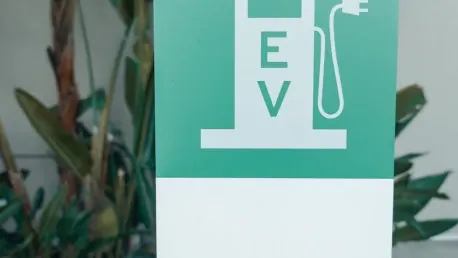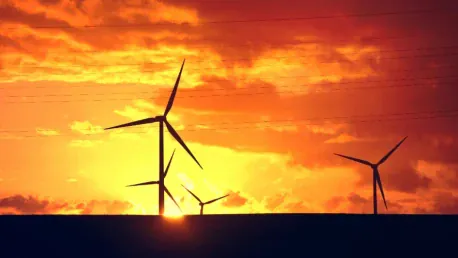
The energy trading sector, known for its complexity and rapid evolution, is facing increasing regulatory scrutiny. The nature of energy trades, involving vast sums and multiple jurisdictions, has attracted closer examination from regulatory bodies. To navigate these challenges and minimize the

The town of Bridgend in Wales is at the center of a heated debate over a proposed nuclear energy plant. Last Energy, an American-owned company, plans to build a small modular reactor (SMR) facility in the area. This proposal comes amid a new policy shift under Keir Starmer aiming to streamline

Kazakhstan has experienced a significant surge in the adoption of electric vehicles (EVs), reflecting a global trend towards cleaner and more sustainable transportation. However, this rapid growth has sparked concerns about whether the country's existing infrastructure can support the

The intersection of energy policy and technological innovation is becoming increasingly critical, particularly in the United States. With the rapid advancements in clean energy technologies and the growing demands from sectors like data centers, there is an urgent need to re-evaluate and update

Vietnam has recently introduced significant regulatory updates in the energy, mineral, and construction sectors. These changes include an amended National Power Development Plan (PDP8), new rooftop solar energy tariffs, updated regulations on construction activities, and a newly passed Law on

Canada is embarking on an ambitious journey to transition its electricity grid to net-zero emissions by 2050, a plan that involves integrating clean, renewable energy sources, implementing robust government policies, and engaging various stakeholders, including Indigenous communities, to reduce